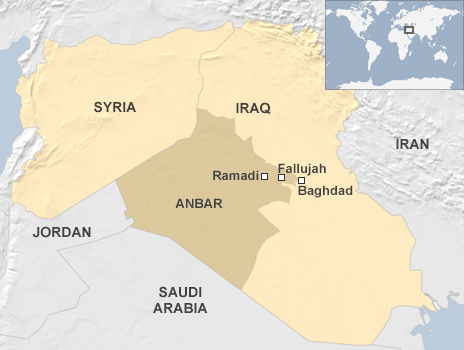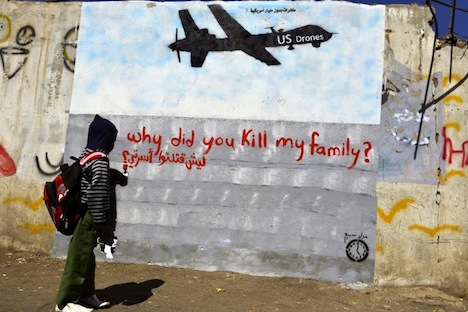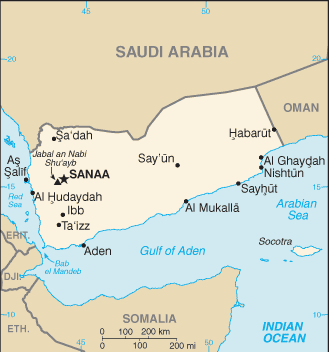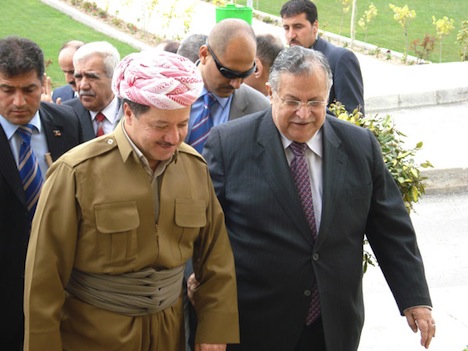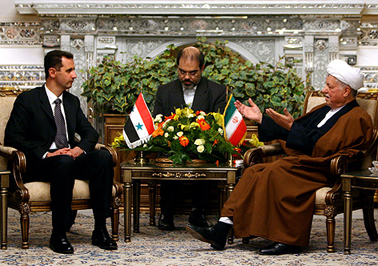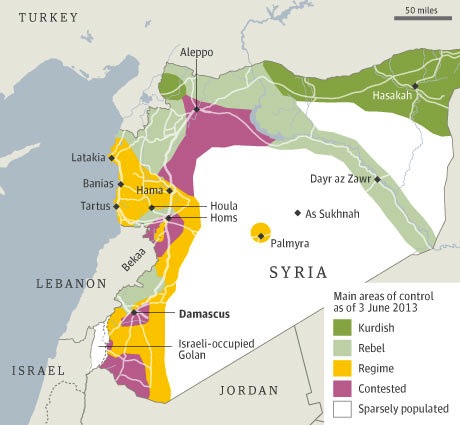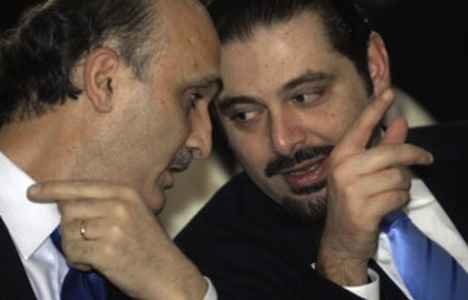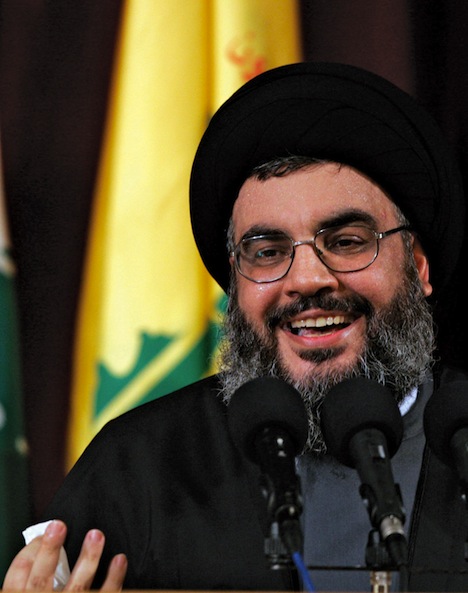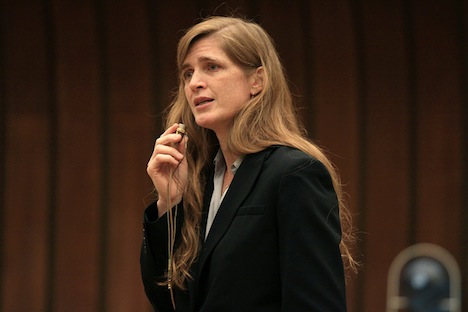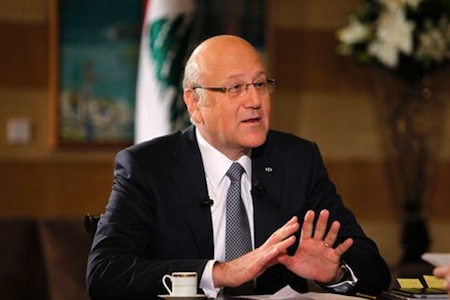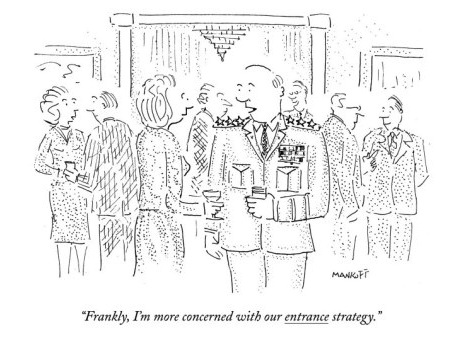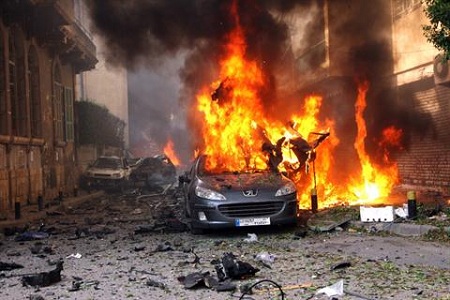So is it 2004 or 2014? Iraq is once again making headlines, and second-guessing over both George W. Bush and Barack Obama’s performance with respect to the US occupation of Iraq is in the news with the publication of former defense secretary Robert Gates. ![]()
What do you need to know about Iraq these days? Here’s a list of the top 10 question you probably have about the current turn of events there — and probably more than you wanted to know about the state of governance in Iraq today.
So did terrorists take control of Iraq last weekend?
Not quite. A group called the Islamic State of Iraq and the Levant (ISIS or ISIL, الدولة الاسلامية في العراق والشام, ad-Dawla al-Islāmiyya fi al-‘Irāq wa-sh-Shām), which formerly styled itself as Iraq’s local branch of al-Qaeda, took control last Friday of parts of Fallujah and Ramadi, the two largest cities in al-Anbar province. There are signs, however, that ISIS may already be retreating from Fallujah, with Sunni tribesmen (particularly loyal to neither the government nor ISIS) now wresting back control of both cities. Iraq’s Shiite prime minister Nouri al-Maliki signaled earlier this week that he planned on launching a military offensive to retake the city using Iraqi national forces, a move that seems surely to cause even more sectarian tensions between Sunni and Shiite Iraqis. For those of you who’ve forgotten, al-Anbar, at over 53,000 square miles, is the largest of 19 governorates in Iraq, by far the largest province. Its population is just 1.56 million of Iraq’s 31 million people, but it forms part of the heart of Iraq’s Sunni population — about 97% of Iraq’s population is Muslim and about one-third of them are Sunni. Al-Anbar’s geography is even more strategically vital, because it borders much of eastern Syria, northern Saudi Arabia and the northeastern tip of Jordan.
What is ISIS? I thought that was the spy agency in the animated Archer series.
ISIS formed in 2003 as a conglomerate of diverse Sunni groups, largely as a response against the US invasion. It fairly quickly pledged allegiance to al-Qaeda and soon even became as al-Qaeda in Iraq, and it had its heyday between 2004 and 2006, when US forces killed its leader Abu Musab al-Zarqawi. But ISIS’s modern iteration only really emerged in spring 2013, when it started making mischief in northern Syria, and the Syrian cities of Homs and Aleppo. ISIS, like most hardcore Salafist groups, wants to institute sharia law throughout the Middle East, and ISIS’s leaders dream of creating a new caliphate that stretches from Arabia to central Africa. More realistically, it’s now fighting for dominance in northern Syria and Sunni-dominated western Iraq. Western media outlets are quick to proclaim this weekend’s turn of events as ‘al-Qaeda regains ground,’ but ISIS is really more interested in holding power in Iraq and Syria than in exploding planes into buildings in New York City. Its current leader is Abu Bakr al-Baghdadi, is still sympathetic to al-Qaeda’s wider anti-American goals, though, and that’s earned him a $10 million bounty, courtesy of the US state department.
Why is Fallujah such a big deal, anyway?
Fallujah holds an important symbolic value because it was the hub of the Sunni counterinsurgency early in the US occupation of Iraq and, in 2004, it became the site of some of the heaviest fighting during the US occupation. One story about Fallujah in National Journal this week managed to quote seven Americans (and not a single Iraqi citizen) about the costs of Fallujah’s recent tumult, and an NPR piece noted that many US veterans are crestfallen that their sacrifices a decade ago may have been for naught. That tells you just how important Fallujah is in the narrative of the US involvement in Iraq.
After the first battle of Fallujah in April 2004, US forces were actually forced by insurgents to withdraw, though in the second battle in November 2004, US troops finally took the city, but not without a year or two of further guerrilla attacks. The two battles of Fallujah were responsible for some of the highest casualties of the Iraq War, though many more Iraqis died (some by the controversial use of white phosphorus) than US or allied troops.
The city, which lies on the banks of the Euphrates River, is just 69 kilometers away from Baghdad and, taken together with Ramadi, the capital of al-Anbar governorate, comprises one of the chief Sunni-majority cities in Iraq. Deposed president Saddam Hussein took extra special care to keep Fallujah in his good graces between 1979 and 2003.
So that means Iraq is moving back toward civil war? Continue reading What is happening in Iraq, Fallujah and al-Anbar province?

